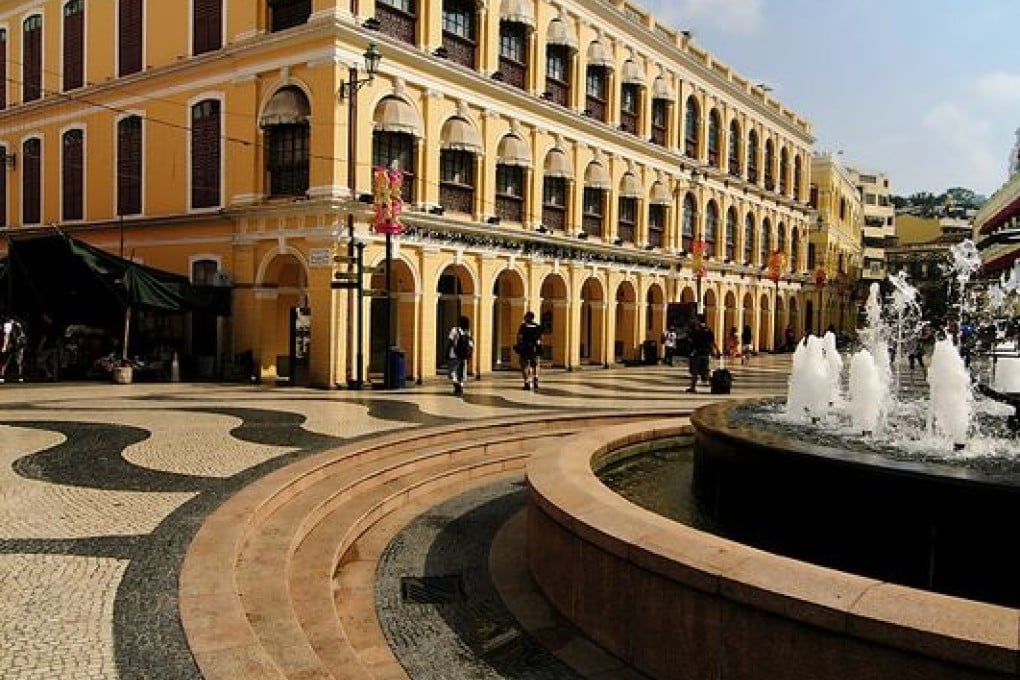Step onto Senado Square and into the past: Walking tours bring Macau’s Chinese, Portuguese history in focus
A walking tour through the streets around the centre of the old city leads to centuries-old buildings that reflect the city’s Portuguese and Chinese heritage


Senado Square
Senado Square sits at the heart of old Macau. Overlooking the triangular-shaped plaza is a building called the Leal Senado, which means “loyal senate” in Portuguese. It was the seat of the enclave's legislative assembly before Macau was returned to Chinese administration in 1999.
The Leal Senado houses a library with an important collection of books on Chinese history, along with a lovely courtyard garden and a ceremonial meeting room lined with portraits of Macau's Portuguese governors. But what inspired the building’s name?
Macau was an important centre of missionary activity throughout most of its history. As a result, its official name was “Cidade do Nome de Deus, Macau”, which means, “City of the Name of God, Macau”. During the Spanish occupation of Portugal between 1580 and 1640, the city was the only spot in the far-reaching Portuguese empire that remained loyal to the Portuguese crown.
After Portugal regained its independence from Spain, the Portuguese king, in gratitude for the loyalty of his subjects in Macau, renamed the city “Cidade do Nome de Deus, Macau, Nao Ha Outra Mais Leal”, or “City of the Name of God, Macau, There Is None More Loyal”.